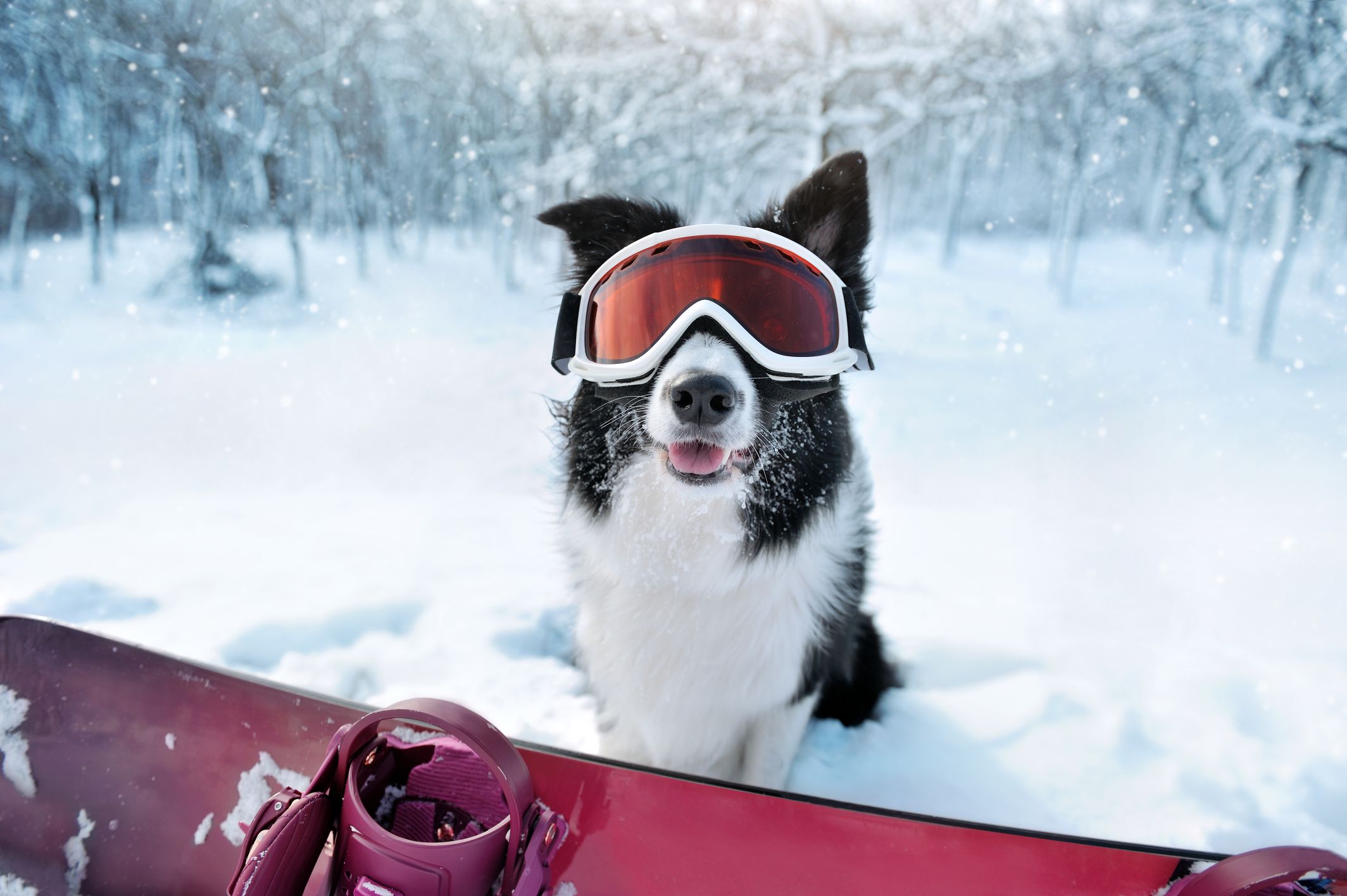
As the chilly winds and frosty mornings approach, it’s crucial to start thinking about winter pet safety and how to prepare your pets for the colder months. At True Care Veterinary Hospital, we understand the importance of keeping your furry companions happy and healthy during the winter season.
Our team of experienced veterinarians and staff is here to help ensure your pets stay cozy and comfortable all winter long. Let’s look at three ways you can start preparing your pets for winter:
1. Winterize Their Living Spaces
One of the first steps in winter pet safety is to create a warm and comfortable environment for your pets, especially if they spend time outdoors. Here are some tips to winterize their living spaces:
Insulation: Check your pet’s outdoor shelters or kennels for any drafts or leaks. Properly insulate the area with materials like straw or blankets to keep them cozy during cold nights.
Elevate From the Ground: If your pet’s house is on the ground, consider elevating it slightly to prevent direct contact with cold surfaces. This will help protect them from the chilling effects of the frozen ground.
Indoor Comfort: For pets that spend most of their time indoors, create warm and comfortable spots for them to rest. Provide soft and cozy bedding away from drafts, and keep their sleeping area well-insulated.
2. Pay Attention to Grooming and Coat Care
Maintaining your pet’s coat during the winter months is vital for their comfort and well-being. Here are some grooming and coat care tips:
Regular Brushing: Brush your pet’s coat regularly to remove loose fur and tangles. This promotes better air circulation, which can help regulate their body temperature more effectively.
Appropriate Hair Length: Refrain from trimming your pet’s fur too short during the winter. Their coat acts as natural insulation and helps protect them from the cold.
Paw Protection: Winter walks can expose your pet’s paws to harsh elements like ice, salt, and snow. Consider using pet-safe paw balms or booties to protect their paws and prevent irritation.
3. Monitor Their Diet and Hydration
During the winter, your pet’s dietary needs may change, and it’s crucial to adjust their diet accordingly:
Maintain a Healthy Weight: Some pets tend to be less active during the winter months, which could lead to weight gain. Ensure you’re feeding them a balanced diet and adjusting portion sizes based on their activity level.
Hydration is Key: Just like in the summer, it’s essential to keep your pets hydrated during the winter. Dehydration can still be a concern, especially if the weather is dry and heaters are running indoors. Provide fresh water at all times.
Talk to Your Veterinarian: If you’re unsure about your pet’s dietary needs during winter, talk to our experienced veterinarians. They can recommend specific foods or supplements that cater to your pet’s unique requirements.
By following these three steps: winterizing your pet’s living spaces, paying attention to grooming and coat care, and monitoring their diet and hydration, you can keep your furry friends comfortable and safe throughout the season.
True Care Veterinary Hospital is dedicated to your pet’s health all year long. To learn more about our services or to schedule an appointment, please call (732) 677-2180.

